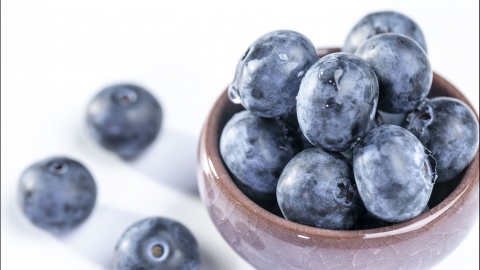Can blueberries prevent or fight cancer?
Generally speaking, blueberries cannot prevent or fight cancer. The detailed explanation is as follows:

Cancer development results from the long-term interaction of multiple factors, including complex mechanisms such as genetic mutations, immune system dysfunction, and environmental influences. Its treatment relies on scientifically proven medical approaches such as surgery, radiotherapy and chemotherapy, and targeted medications. Blueberries contain antioxidant substances such as anthocyanins and vitamin C. These components have shown certain antioxidant and anti-inflammatory effects in laboratory studies. However, results from in vitro experiments cannot be directly equated to effects within the human body. After consumption, these components are digested and absorbed, with only a minimal amount reaching the affected areas in the body, insufficient to inhibit cancer cell growth or kill cancer cells, let alone interrupt the complex processes involved in cancer development and progression.
When consuming blueberries, fresh and mature fruits should be selected, washed thoroughly before eating, and spoiled or deteriorated blueberries should be avoided. Consumption should be moderate, not exceeding 200 grams per day, as excessive intake may cause gastrointestinal discomfort. Individuals allergic to blueberries should avoid eating them. Blueberries cannot replace medical treatments for cancer. If diagnosed with cancer, patients should follow the guidance of professional doctors and undergo standardized treatment, rather than relying on unproven claims about food-based cancer prevention.







